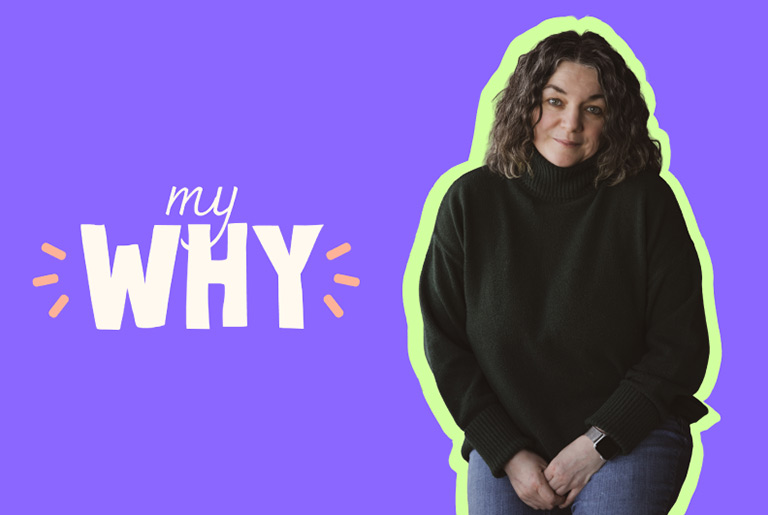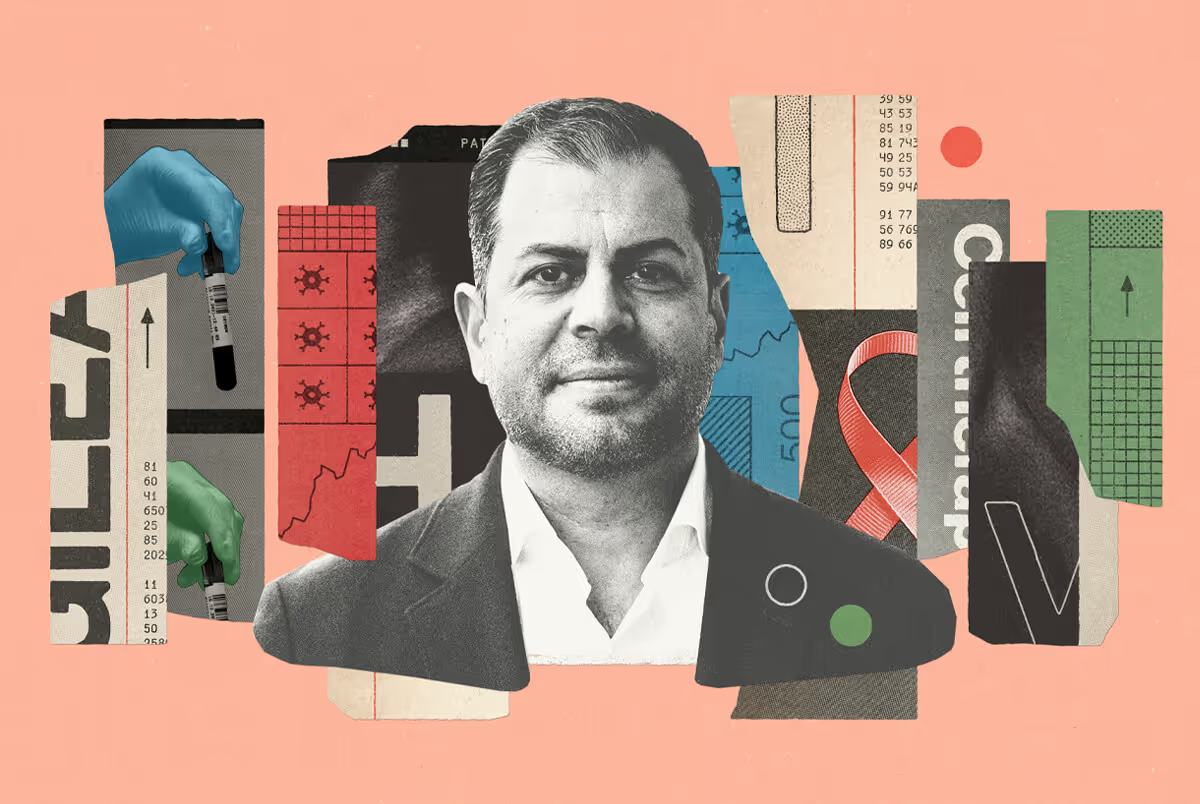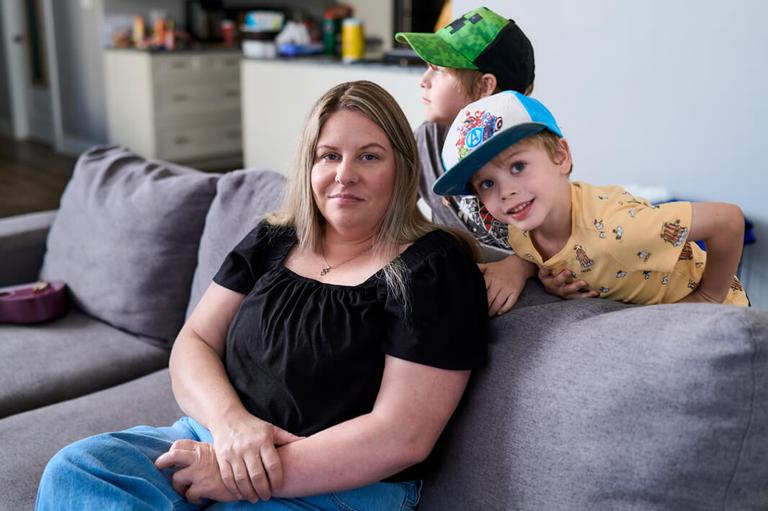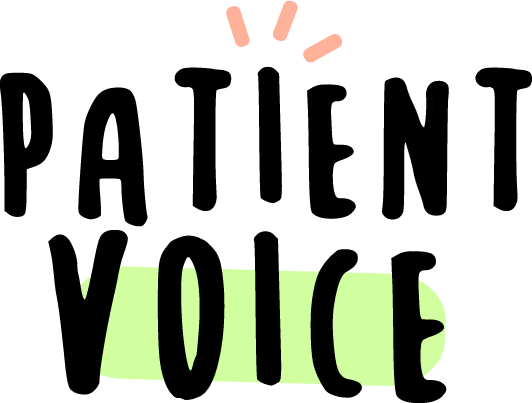“I’m 25 years old and I use a cane and a walker. It’s a strange feeling to be out in public and have people looking at you like, ‘What’s wrong with her? She’s so young. She looks fine.’
Four years ago, I was a fit and healthy 21-year-old with an active social life and a tough job in the restaurant industry, where I was on my feet for hours at a time. Then ankylosing spondylitis came along out of nowhere, and suddenly just standing up was excruciating. My manager saw me limping and said, ‘You’re obviously in pain, go see a doctor.’ I had no idea that I’d never be returning to work.
In those early weeks, I became bedridden and wracked by pain: lower back pain, pelvic pain, and sciatic pain. I was able to get treatment that helped, but my bad days are still really bad, and even on my good days, I have pain. And it’s all invisible — I still look healthy, which makes it extra isolating. A lot of the time, it felt like no one else my age could possibly understand or relate. That’s what got me started writing publicly about my illness. I wanted to provide a sense of not being alone to others who were going through the same thing. And, as it turned out, I found a community that gave me that sense of belonging right back. I also accidentally found a career.
“A lot of the time, it felt like no one else my age could possibly understand or relate. That’s what got me started writing publicly about my illness. I wanted to provide a sense of not being alone to others who were going through the same thing.”
As someone who never went to university and never had big career ambitions, it’s really kind of amazing to me the way that my disease pushed me into writing as a livelihood. I’m not thankful that I got sick, but in a weird way, I’m a little thankful to ankylosing spondylitis for the opportunity and motivation it has given me.
I’m working on a book now about coming to terms with disability in your 20s, and I’m just starting to think about writing a novel as well, because it’s so valuable to see representation in fiction. And, in becoming an advocate and a voice, I’ve really started to identify for the first time as a person with a disability. So, when I go out with my walker now, I own it.”











